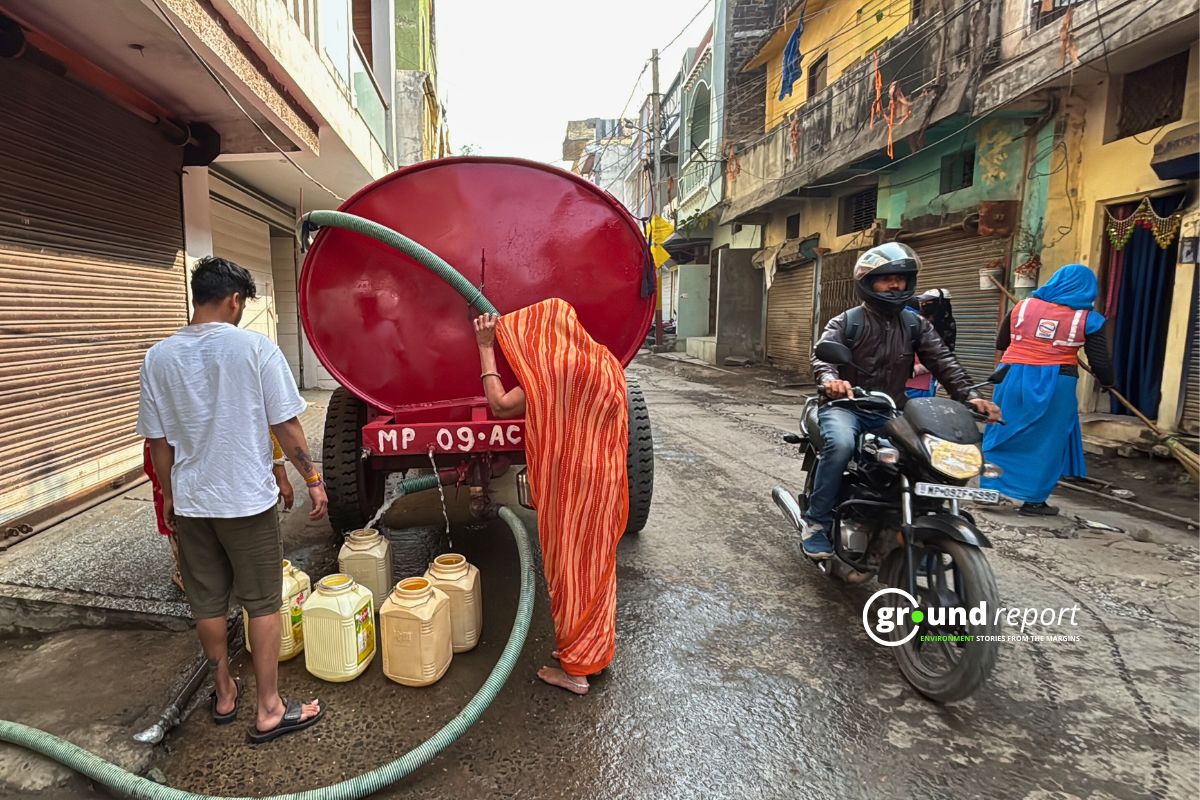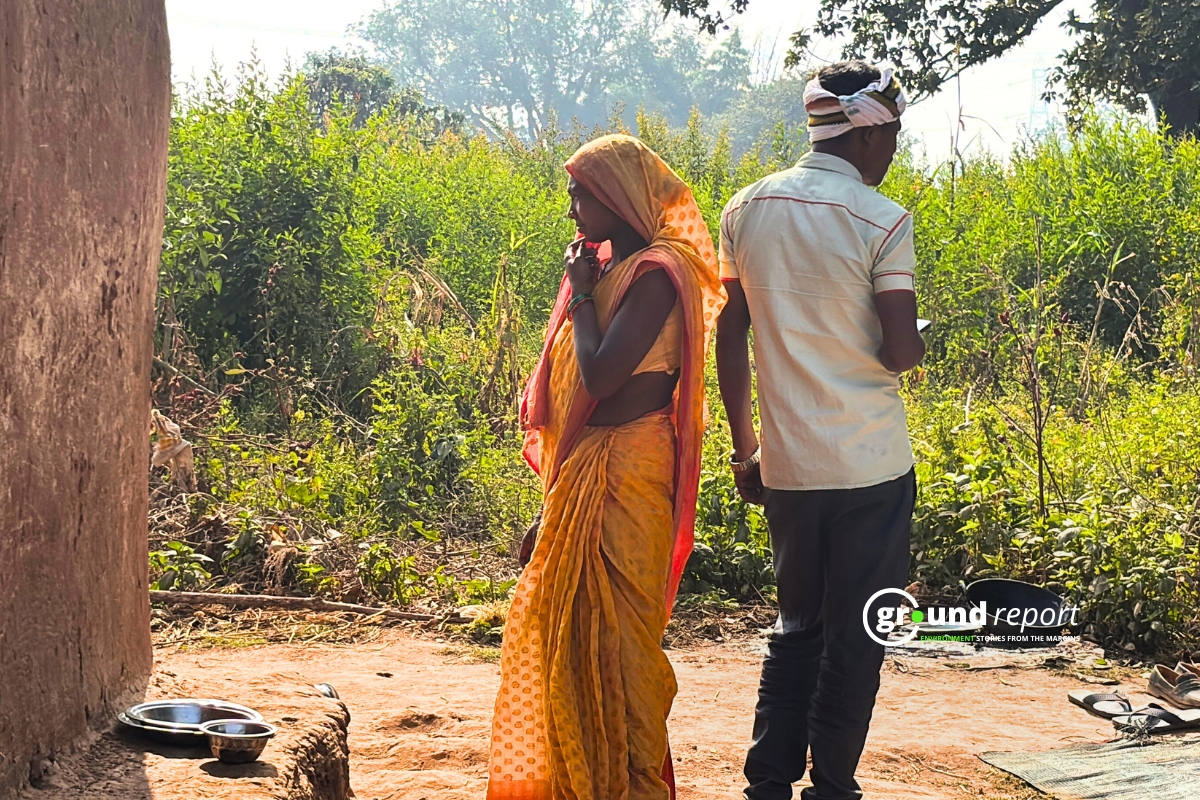The current weather pattern in Jammu and Kashmir raises concerns about its impact on the agriculture and horticulture sectors as experts attribute it to climate change, according to experts. Unusual weather events, including heavy rain, thunderstorms, and lightning, have become more frequent in the region, affecting crop productivity and fruit quality.
According to Jahangeer Ganaie, a reporter from the news agency KNO, Professor Shakil Ahmad Romshoo, a renowned geology and environmental expert and vice-chancellor of the Islamic University of Science and Technology, said that the increased frequency of western disturbances over the Kashmir Valley is a consequence of global climate change. These disturbances bring extreme weather events such as thunderstorms, lightning, and heavy rain, which have been observed in the region for the past few months.
He said “This abnormal weather situation, which occurs during the flowering and fruiting season, is expected to have a significant adverse impact on the productivity of horticultural crops. For agricultural crops, it is still too early to assess the full extent of the impact, as transplanting of paddy fields will begin in the coming weeks. If the current weather conditions persist, it could have adverse effects on paddy fields and other crops”.
Dr. Tariq, Senior Scientist at SKUAST-K, said that the potential consequences of continued erratic weather on horticultural crops, include scabs, fruit rust, and decreased fruit quality and size. Regular rains and cloudy weather can cause fruit drop and disrupt the spray schedule, possibly causing fungal diseases. Erratic weather conditions have also hindered cross-pollination, resulting in reduced productivity in the horticulture sector.
Kashmir Agriculture Director Mohammad Iqbal Choudhary stated that the agricultural sector is currently safe. However, if the unusual weather conditions persist beyond June 15, they are likely to impact agriculture as well.
He said that the importance of timely transplanting for rice crops and planting corn before June 10 to maintain productivity. Hailstorms and standing water can also affect vegetables, but until June 15 the situation is relatively stable.
“Hail and stagnant water can affect vegetables, but until June 15 we are safe. If it continues, it will impact the crops,” he said, adding, “There were problems in the rice nurseries, but the preventive measures were taken in time and alternative arrangements were made in the areas affected by the hailstorms.”
“If we will get just one dry week, all farming operations will be completed,” the Director of Agriculture said, adding, “After that, farmers can get the benefit of Fasal Bima Yojana if their crops get damaged and this scheme is applicable in the 20 districts of J&K”.
It is clear that the current weather patterns, attributed to climate change, pose significant challenges for the horticulture and agriculture sectors in Jammu and Kashmir. Farmers and authorities are closely monitoring the situation and taking preventive measures to mitigate potential damage and losses.
Keep Reading
- 62 plant species unveiled in Western Ghats: surviving severe water crisis
- Piplantri village celebrates birth of girl child by planting 111 saplings
- 1.5°C global temperature can destroy Earth, scientists warn
You can connect with Ground Report on Facebook, Twitter, Koo App, Instagram, and Whatsapp and Subscribe to our YouTube channel. For suggestions and writeups mail us at GReport2018@gmail.com.






